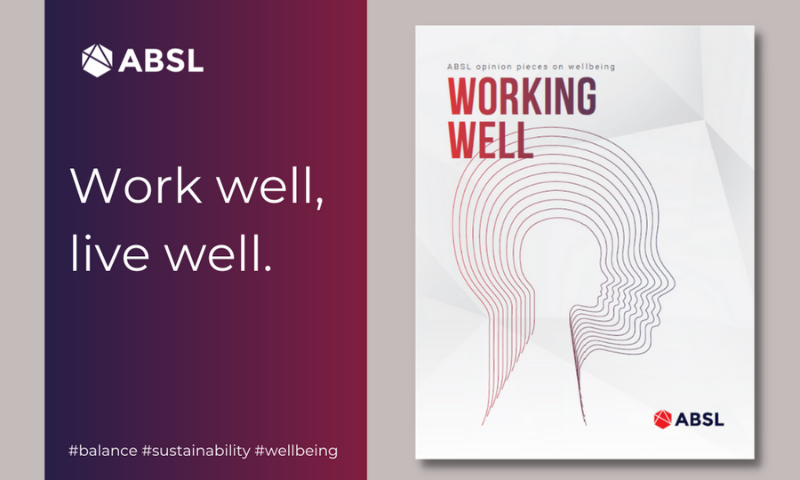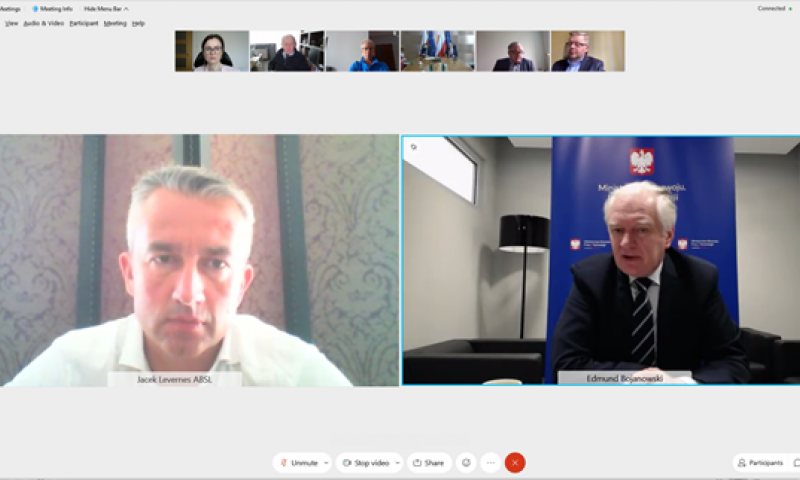Unlocking Tech Teams in the Remote World
During COVID-19 most Tech Teams have been working fully or partially remote. Specialists spend three times less time working with their managers and teams than before. 75% of enterprises expect Tech Talent shortages to affect their business in the future (see:1), however almost 40% of HR leaders are not aware of the abilities their employees possess (see:2). Key to success is the recognition and measurement of specialists’ skillsets which, coupled together with solid data and the use of modern tools for talent management, can bring about good understanding of your teams as well as flexibility in both augmentation and the scaling down of required resources.
Sign up for the webinar to learn more
Managing Skillcount
Covid-19 and rapid digitization has changed the nature of the workplace. Companies must augment their effectiveness and flexibility, as their daily influence on employees is increasingly diminishing. Specialists are working more and more remotely, with teams becoming increasingly diverse – geographically and culturally. This applies to employment models as well, with 32% of companies eager to expand their utilization of external resources (see:3). On top of this, the demand for new skills, especially in IT departments, and the need to be able to learn and manage one’s own time and development, is also fuelling this transformation.
The skill half-life is now no more than 5 years, making lifetime employment obsolete and impossible to execute. It is better to focus on securing the specific skills that are required to get a given job done. A good starting point is recognizing the hard and soft skills available to the organization.
Stepping away from managing headcount to managing skill count, means engaging specialists in tasks that suit their strengths. A person’s career history is less important than his or her hard skills, soft skills and motivation. Over the last 10-15 years, according to data from Everest Group, company productivity has actually been declining, but newly introduced working patterns and styles may arrest this slide. These new models may increase the efficiency of work, with one person being able to work on a number of projects simultaneously, and certain tasks not just being handled in-house, but by an ecosystem of talent - Human Cloud.
Decoding Talent Genome
In order to effectively manage skills, you need a complete understanding of the talent available to you, managers who can manage people’s strengths, and the technology to help you orchestrate the agile flow of skills in your organization. Understanding how an individual's technical skills, soft skills, cognitive abilities, and personality traits are interconnected and interrelated has become mission-critical knowledge for any organization looking to survive and thrive in the new reality.
However, most of the day-to-day interactions that we would normally use to gather tiny, often subliminal, signals about an individual or team-member’s traits are now missing, as our work lives are filtered through the lens of the video conference where the focus is the specific issue being discussed in the meeting.
If organizations are to build a business that is truly fit for the future, they need to consider and map talent and skills in a new, more ‘molecular’ way. Talent Alpha call it ‘decoding Talent Genome’.
Talent Genome is made up of the complex interconnection of four talent ‘strands’:
• Hard / Technical skills – an individual’s measurable knowledge or proficiency in a particular
• topic or field
• Cognitive ability – an individual’s capacity to remember, reason, hold attention, think, read, and learn
• Social skills – a collection of skills that allow an individual to interact effectively and harmoniously with other people
• Personality traits – the measurement of an individual’s unique characteristic patterns of thoughts, motivation, feelings, and behaviors
The organization of the future needs to identify, assess, and measure all four clusters of the Talent Genome. We should continuously analyze and provide feedback on each of the four talent strands wherever possible. Finally, we should match an individual’s Talent Genome to context so performance can be maximized.
If you want to learn more about the Human Cloud and Talent Genome and how they can make a real difference to your business operations, sign up for the webinar on October 22nd at 11 AM CET.
1 - Everest, 2017
2 - Mercer, 2020
3 - Gartner, 2020








